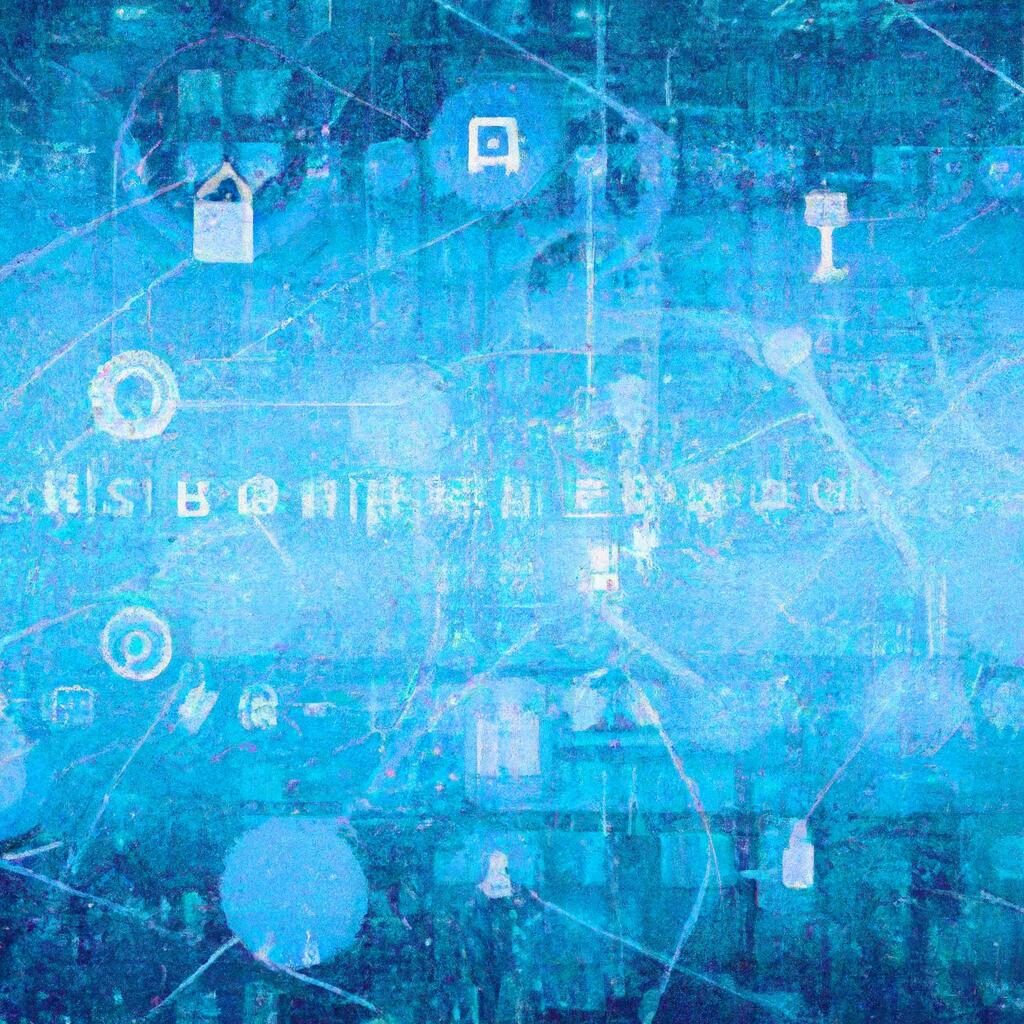In an era defined by rapidly advancing technology, security leaders are faced with an increasing dilemma: while artificial intelligence poses a mounting peril to cybersecurity, it also offers an emerging shield against evolving threats. The intersection of AI and security presents complex challenges and opportunities, demanding vigilant attention and innovative solutions from those responsible for safeguarding sensitive data and systems.
Table of Contents
- Mounting Peril: The Growing Threat of AI for Security Leaders
- Emerging Shield: How AI Can Help Secure Organizations
- Recommendations for Security Leaders to Navigate the Complexities of AI Integration
- Q&A
- To Conclude
Mounting Peril: The Growing Threat of AI for Security Leaders
As artificial intelligence continues to advance at an unprecedented rate, security leaders are facing a growing threat to their organizations. The use of AI by malicious actors poses a significant risk, as it can be utilized to automate cyber attacks, bypass traditional security measures, and infiltrate sensitive systems undetected.
On the flip side, AI also presents a unique opportunity for security leaders to bolster their defenses against cyber threats. By leveraging AI-powered tools and technologies, organizations can enhance their ability to detect and respond to security incidents in real-time, identify patterns and anomalies in large datasets, and proactively mitigate potential risks.
However, the deployment of AI in security operations is not without its challenges. Security leaders must navigate ethical considerations around the use of AI, ensure the accuracy and reliability of AI algorithms, and address concerns about privacy and data protection. Despite these hurdles, the adoption of AI is becoming increasingly necessary in order to stay ahead of sophisticated cyber adversaries.
Emerging Shield: How AI Can Help Secure Organizations
Artificial Intelligence (AI) is quickly becoming the new frontier in cybersecurity, offering organizations an innovative approach to defending against increasingly sophisticated threats. As security leaders grapple with the mounting peril of cyberattacks, they are turning to AI as an emerging shield that can help secure their networks and data.
One key benefit of AI in cybersecurity is its ability to continuously analyze vast amounts of data in real-time, identifying patterns and anomalies that may indicate a potential security threat. By leveraging machine learning algorithms, AI can quickly detect and respond to suspicious behavior, helping organizations stay one step ahead of cybercriminals.
Moreover, AI-powered security solutions can automate routine tasks, freeing up security teams to focus on more strategic initiatives. From threat detection and response to vulnerability management, AI can help organizations enhance their security posture and mitigate risks effectively. As the cybersecurity landscape evolves, embracing AI as a critical component of a robust defense strategy is essential for organizations looking to safeguard their digital assets.
Recommendations for Security Leaders to Navigate the Complexities of AI Integration
As security leaders, navigating the complexities of AI integration can be a daunting task. With technology advancing at a rapid pace, staying ahead of potential threats is crucial. One recommendation is to prioritize training and education for your team on AI security best practices. This will ensure that your organization is equipped to handle the challenges that come with integrating AI into your security protocols.
Another important recommendation is to regularly assess and update your security measures to adapt to the ever-changing landscape of AI threats. Utilize AI-powered tools and technologies to enhance your security defenses and stay one step ahead of malicious actors. Implementing multi-factor authentication, encryption, and access controls are essential in protecting your data and systems from potential breaches.
Additionally, fostering a culture of collaboration and information sharing within your organization is key to effectively mitigating AI-related risks. Encourage open communication among team members and departments to ensure that everyone is aligned on security protocols and best practices. By working together and staying vigilant, security leaders can successfully navigate the complexities of AI integration and protect their organization from potential threats.
Q&A
Q: Why is AI increasingly seen as a potential threat by security leaders?
A: AI technology has the capability to be exploited by malicious actors for cyber attacks and other security breaches, posing a significant threat to organizations.
Q: How can AI be used as a shield by security leaders?
A: Security leaders can leverage AI technology to enhance their cybersecurity measures, such as detecting and responding to threats in real-time, automating security processes, and analyzing vast amounts of data to identify potential vulnerabilities.
Q: What are some of the challenges in implementing AI as a security measure?
A: Security leaders face challenges such as ensuring the accuracy and reliability of AI algorithms, protecting sensitive data from being accessed or manipulated by AI, and addressing regulatory and ethical considerations surrounding AI use in cybersecurity.
Q: How can organizations stay ahead of the evolving landscape of AI in cybersecurity?
A: Organizations can stay ahead by investing in AI-powered security solutions, staying informed about emerging AI threats and trends, conducting regular risk assessments and audits, and fostering a culture of cybersecurity awareness and best practices within the organization.
To Conclude
As the threats posed by artificial intelligence continue to grow, security leaders must stay vigilant and constantly adapt to protect their organizations. While AI brings new challenges and perils, it also offers a powerful tool for defense. By harnessing the power of AI technology, security leaders can stay one step ahead of cyber threats and keep their networks secure. Only time will tell if AI will be the downfall or the savior of cybersecurity, but one thing is certain: the battle is far from over. Stay informed, stay prepared, and stay safe.

